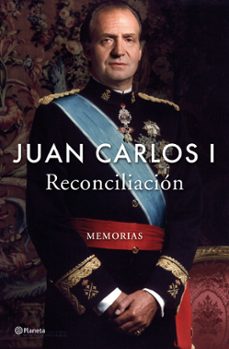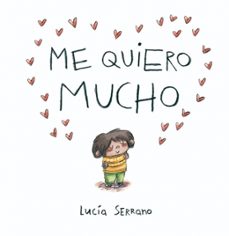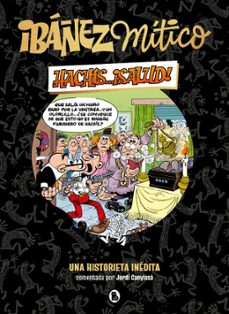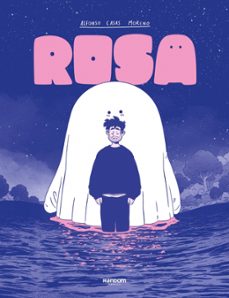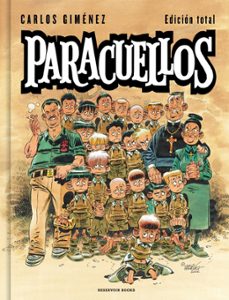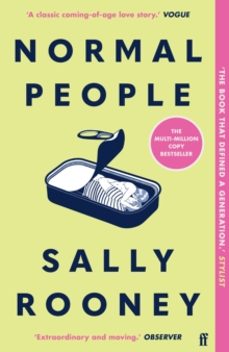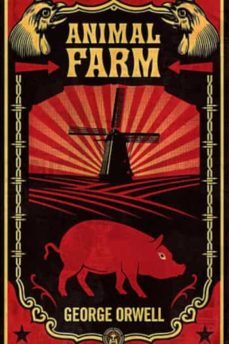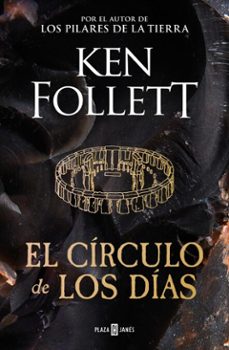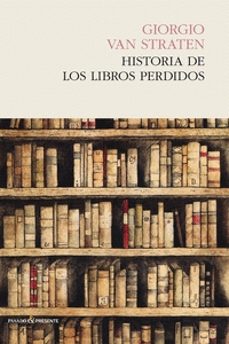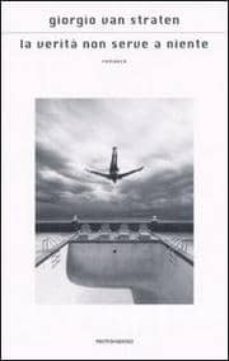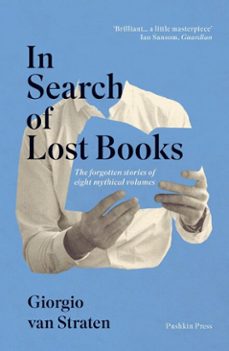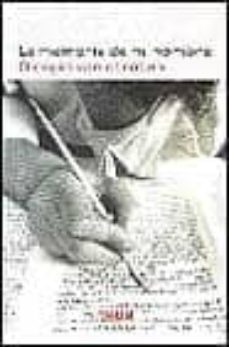Imprescindibles
Más vendidos Libros más leídos eBooks más leídos Todos los libros Todos los libros Autores destacados Series y sagas
Recomendados Libros recomendados Autores destacados Libros que inspiran Vidas con historia LGTBIQ+ English books
Ficción
Literatura Contemporánea Estudios literarios Clásicos Cuentos Poesía Teatro Libros de bolsillo Sagas literarias
Géneros literarios Novela romántica y erótica Novela negra Novela histórica Narrativa fantástica Novela de ciencia ficción Novela de terror Narrativa de humor Narrativa de viajes
No Ficción
Ciencias y tecnología Biología Ciencias Ciencias naturales Divulgación científica Informática Ingeniería Matemáticas Medicina Salud y dietas Formación Idiomas Estilo de vida Libros de Cocina Guías de viaje Narrativa de viajes Deportes Libros de Juegos Manualidades
Humanidades Autoayuda y espiritualidad Ciencias humanas Derecho Economía y Empresa Psicología y Pedagogía Filosofía Sociología Filología Biblioteconomía Estudios filológicos Estudios lingüísticos Estudios literarios Historia y crítica de la Literatura
Infantil
Juvenil
Cómic y Manga
Novela gráfica Novela gráfica americana Novela gráfica europea Novela gráfica de otros países Personajes, series y sagas Series y sagas Star Wars Superhéroes Cómics DC Cómics Marvel Cómics otros superhéroes Cómics Valiant
eBooks
Literatura Contemporánea Narrativa fantástica Novela de ciencia ficción Novela de terror Novela histórica Novela negra Novela romántica y erótica Juvenil Más de 13 años Más de 15 años Infantil eBooks infantiles
Humanidades Autoayuda y espiritualidad Ciencias humanas Economía y Empresa Psicología y Pedagogía Filosofía Historia Historia de España Historia Universal Arte Cine Música Historia del arte
Ciencia y tecnología Ciencias naturales Divulgación científica Medicina Salud y dietas Filología Estudios lingüísticos Estudios literarios Historia y crítica de la Literatura Estilo de vida Cocina Guías de viaje Ocio y deportes
GIORGIO VAN STRATEN
Recibe novedades de GIORGIO VAN STRATEN directamente en tu email
Filtros
Del 1 al 4 de 4
Editorial Pasado y Presente 9788494495052
El presente título no trata de libros que no se editaran o que hayan sido olvidados por el público. Tampoco de libros que se proyectaran y que nunca se llevaran a cabo. Estos ocho libros existieron y fueron leidos por unos pocos privilegiados, pero se destruyeron o desaparecieron y ya nunca mas se supo de ellos. Nunca mas se podran leer. El ultimo libro de Romano Bilanchi, las memorias de Lord Byron, la gran obra maestra desconocida de Gogol, joyas literarias perdidas de Bruno Schultz, Malcom Lowry, Sylvia Plath y Ernest Hemingway o el manuscrito perdido con la maleta de Walter Benjamin. Un libro que nos recuerda la fragilidad del arte y la necesidad de preservarlo, y que nos descubre una nueva manera de explicar la historia de la literatura del siglo XX.
Ver más
Tapa dura
Pushkin Press 9781782273738
The gripping and elegiac stories of eight lost books, and the mysterious circumstances behind their disappearancesThey exist as a rumour or a fading memory. They vanished from history leaving scarcely a trace, lost to fire, censorship, theft, war or deliberate destruction. Yet those who seek them are convinced they will find them.This is the story of one mans quest for eight mysterious lost books.Taking us from Florence to Regency London, the Russian Steppe to British Columbia, Giorgio van Straten unearths stories of infamy and tragedy, glimmersof hope and bitter twists of fate. There are, among others, the rediscovered masterpiece that he read but failed to save from destruction; the Hemingway novel that vanished in a suitcase at the Gare de Lyon; the memoirs of Lord Byron, burnt to avoid a scandal; the Magnum Opus of Bruno Schulz, disappeared along with its author in wartime Poland; the mythical Sylvia Plath novel that may one day become reality.As gripping as a detective novel, as moving as an elegy, this is the tale of a love affair with the impossible, of the things that slip away from us but which, sometimes, live again in the stories we tell.Giorgio van Straten is director of the Italian Cultural Institute of New York and one of the editors of the literature review Nuovi Argomenti. He is the author of several novels, including the prize-winning My Name a Living Memory, along with two collections of short stories. He has translated the works of authors such as Kipling, London and Stevenson and has edited several works of non-fiction.
Ver más
eBook
DEBATE 9788483069783
Un nombre no es más que un nombre. Así comienza el autor la historia de su familia a partir de 1881 en Rotterdam, cuando su tatarabuelo, el judío Hartog Alexander, tuvo que elegir un apellido para cumplir con las nuevas leyes napoleónicas durante la invasión de los Países Bajos: Van Straten, de las calles en holandés. El relato se prolonga hasta la época en que el propio autor escribe: 1999 en Florencia. Familia integrada por personas o personajes muy diferentes: comerciantes, aventureros, seres apegados a las tradiciones o rompedores, idealistas soñadores, pragmáticos, hombres y mujeres, niños... en lugares y épocas muy diferentes.
Ver más
Tapa dura
Del 1 al 4 de 4



